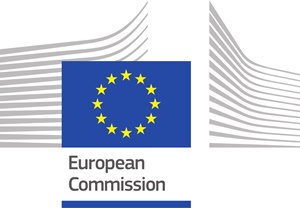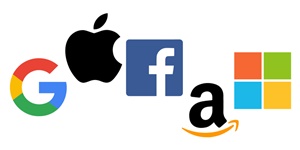How will the new rule changes by the European Commission affect the tech giants?
- the European Commission unveiled a list of service providers that meet the criteria for inclusion within the scope of its forthcoming Digital Markets Act (DMA) regulations. Scheduled to take effect in March 2024, the DMA will introduce a comprehensive set of rules and guidelines for technology companies, which are aimed at creating a fairer marketplace.

- Following the announcement by the commission, the companies included on the list will be granted a six-month window to make their services compliant with the newly established regulations, or pursue legal action to challenge their classification as ‘gatekeepers’.
- The EU has been diligently crafting increasingly stringent regulations for major tech companies with the aim of safeguarding European online users and promoting competition within an industry largely dominated by American giants.
- Thierry Breton, the EU’s industry commissioner, has revealed that discussions with these companies are in process regarding compliance. However, he emphasized that “if the solutions they put forth fall short of expectations, we will not hesitate to pursue robust measures.”
- As per AFP reports, the EU has identified seven companies that have voluntarily disclosed their revenues and user metrics for designation as ‘gatekeepers.’ They include Google’s parent company, Alphabet, Amazon, Apple, ByteDance (the owner of TikTok), Meta (the owner of Facebook), Microsoft, and Samsung.

- The classification as a ‘gatekeeper’ applies when a service boasts more than 45 million monthly active users and exceeds 10,000 yearly active business users within the EU.
- The Digital Markets Act (DMA) will establish regulations that prohibit companies from showing preference to their own services over those of competitors. For instance, Microsoft has already declared its commitment to honoring users’ choices for their default browser.
- Furthermore, businesses will be restricted from amalgamating personal data gathered from various services or leveraging third-party data to compete with these services. Additionally, companies will be required to enable users to download applications from rival platforms.
- Another key objective of the DMA is to curb large companies’ ability to impede the growth of smaller competitors by acquiring them. According to the new regulations, companies will be obliged to notify the Commission of all acquisitions, irrespective of their size. How will the new rule changes by the European Commission affect the tech giants?
Categories: Corporate,
Europe,
Media,
Outlook,
Sci-Tec


